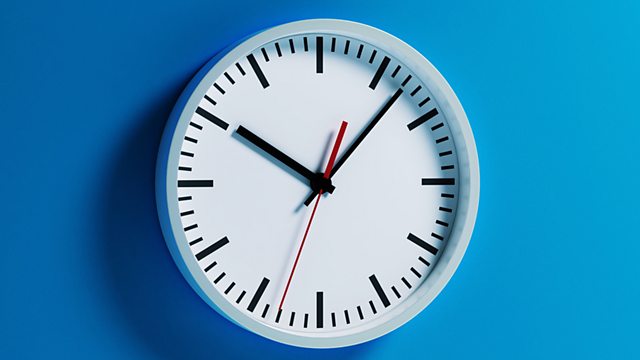There’s no such thing as “the correct time”. But there is accurate timekeeping. And since its invention in 1656, the clock has become a vital part of the modern economy.
There’s no such thing as “the correct time”. Like the value of money, it’s a convention that derives its usefulness from the widespread acceptance of others. But there is such a thing as accurate timekeeping. That dates from 1656, and a Dutchman named Christiaan Huygens. In the centuries since, as Tim Harford explains, the clock has become utterly essential to almost every area of the modern economy.
Producer: Ben Crighton
Editors: Richard Knight and Richard Vadon
(Image: A wall clock. Credit: Shutterstock)
Last on
Sources and related links
Ralph Harrington
What the railways did for us, Stuart Hylton, Amberley Publishing Limited, 2015
Exeter Memories:
�¾��쾱���徱��:��
Jeremy Norman’s HistoryofInformation.com:
The Atlantic:
timeanddate.com:
Project MUSE:
The Atlantic:
PCWorld from IDG:
The Conversation:
WIRED:
Broadcasts
- Sat 18 Feb 2017 19:50GMT��ѿ��ý World Service except Americas and the Caribbean, East and Southern Africa, News Internet & West and Central Africa
- Sun 19 Feb 2017 11:50GMT��ѿ��ý World Service except News Internet
- Mon 20 Feb 2017 04:50GMT��ѿ��ý World Service Australasia
- Tue 21 Feb 2017 23:50GMT��ѿ��ý World Service Americas and the Caribbean
Podcast
-
![]()
50 Things That Made the Modern Economy
The stories of inventions, ideas and innovations which helped create the economic world


